Which legislative documents are subject to the review and systematization competence of the Government Inspectorate of Vietnam?
Which legislative documents are subject to the review and systematization competence of the Government Inspectorate of Vietnam? – Dinh Dung (Binh Thuan)
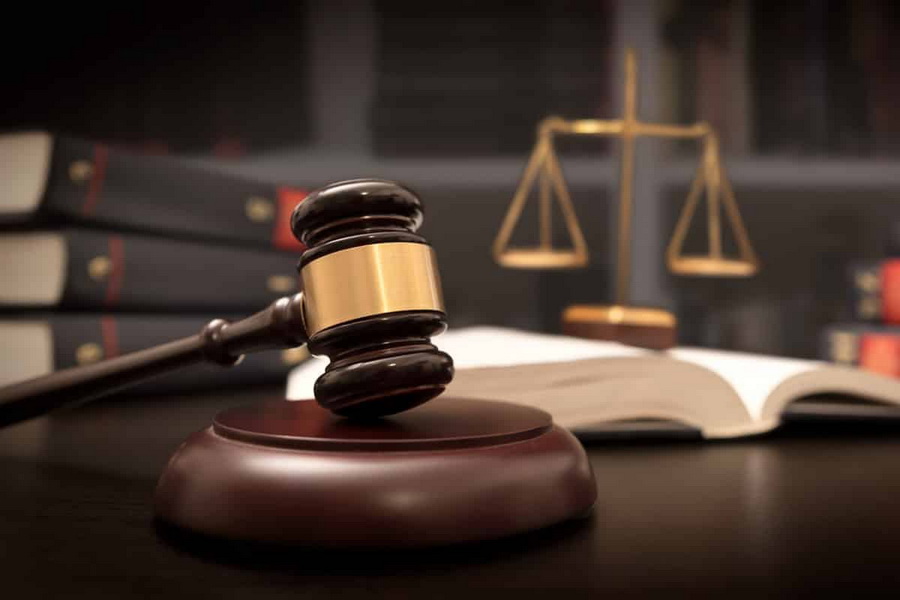
Which legislative documents are subject to the review and systematization competence of the Government Inspectorate of Vietnam? (Internet image)
Regarding this issue, LawNet would like to answer as follows:
1. What are legislative documents?
Legislative documents are documents that contain legal regulations and the promulgation of which complies with regulations of law on authority, manner, and procedures provided for in the Law on Promulgation of legislative documents 2015.
Legislative documents that contain legal regulations but the promulgation of which complies with regulations of law on authority, manner, and procedures provided for in the Law on Promulgation of legislative documents 2015 are not considered legislative documents.
(Article 2 of the Law on Promulgation of legislative documents 2015)
2. Which legislative documents are subject to the review and systematization competence of the Government Inspectorate of Vietnam?
Legislative documents under the review and systematization competence of the Government Inspectorate are legislative documents with contents governing the field of inspection, citizen reception, settlement of complaints and denunciations, and anti-corruption, including:
- Laws and resolutions of the National Assembly;
- Ordinances and resolutions of the National Assembly Standing Committee; joint resolution between the Standing Committee of the National Assembly and the Presidium of the Central Committee of the Vietnam Fatherland Front.
- Orders and decisions of the President;
- Government decree;
- Decision of the Prime Minister;
- Circulars and joint circulars of the Government Inspector General;
- Circulars and joint circulars of ministers and heads of ministerial-level agencies with contents related to the field of inspection, citizen reception, settlement of complaints and denunciations, and anti-corruption;
- Joint resolution between the Government and the Presidium of the Central Committee of the Vietnam Fatherland Front.
- Other legislative documents (except the Constitution) with contents related to the field of inspection, citizen reception, settlement of complaints and denunciations, and anti-corruption promulgated by competent agencies .
(Article 6 of Circular 06/2015/TT-TTCP)
3. Tasks and powers of the Government Inspectorate of Vietnam in inspection
According to Clause 5, Article 2 of Decree 50/2018/ND-CP, the tasks and powers of the Government Inspectorate of Vietnam in inspection are as follows:
- Planning the inspection of the Government Inspector; guiding Inspectors of Ministries and Ministerial-Level Agencies (hereinafter referred to as Ministerial Inspectors), Inspectors of Provinces and Centrally Run Cities (hereinafter referred to as Provincial Inspectors for short) in developing and organizing the implementation of inspection plans;
- Inspecting the implementation of policies and laws and the tasks and powers of ministries, ministerial-level agencies, agencies attached to the Government, People's Committees of provinces, and centrally run cities (hereinafter referred to as the Provincial People's Committee); inspecting state enterprises established by decision of the Prime Minister; inspecting complicated cases related to state management responsibilities of many ministries, ministerial-level agencies, and provincial-level People's Committees;
- Inspecting other cases assigned by the Prime Minister;
- Checking the accuracy and legitimacy of inspection conclusions and post-inspection handling decisions of ministers, heads of ministerial-level agencies, Presidents of the People's Committees of provinces, and chief inspectors of ministries, ministerial-level agencies, and chief inspectors of provinces when necessary;
- The decision to re-inspect the case has been concluded by the Minister, but signs of law violation were detected when assigned by the Prime Minister; decide to re-inspect the case, which has been concluded by the President of the People's Committee of the province, the Chief Inspector of the Ministry, and the Chief Inspector of the province, but detects signs of law violation;
- Requesting the Minister, the President of the provincial People's Committee to conduct inspection within the management scope of the ministry or the People's Committee of the province when detecting signs of law violation; if the Minister or the President of the People's Committee of the province disagrees, he/she has the right to issue an inspection decision, to report to and take responsibility before the Prime Minister for his/her decision;
- Taking charge of handling the overlap in inspection scope, subjects, contents, and time between the inspection agencies of the ministries; between the Ministry Inspector and the Provincial Inspector;
- Monitoring, urging, and examining the implementation of conclusions, recommendations, and handling decisions on inspection by the Government Inspectorate and the Prime Minister;
- Considering and handling matters where the Chief Inspector of the Ministry does not agree with the Minister, the Chief Inspector of the Province does not agree with the Chairman of the Provincial People's Committee on inspection work. In case the Minister disagrees with the handling results of the Government Inspector General, the Government Inspector General shall report to the Prime Minister for consideration and decision;
- Proposing the Minister to suspend the implementation or annul the regulations promulgated by that ministry in contravention of the regulations of the superior state agencies or the Government Inspector General on inspection work; if the Minister does not suspend or cancel such document, it shall be submitted to the Prime Minister for decision;
- Suspending the implementation and proposing that the Prime Minister annul the regulations of the People's Committee of the province, provincial-level People's Committee chairpersons contravene the regulations of superior state agencies and the Government Inspector General on inspection work;
- Proposing to competent state agencies to amend, supplement, and promulgate regulations to suit management requirements; to propose the suspension or annulment of illegal regulations discovered through inspection;
- Proposing the Prime Minister to consider responsibilities and handle persons under the Prime Minister's management who commit law violations detected through inspection or fail to implement conclusions and handling decisions on inspection; requesting the head of the agency or organization to consider the responsibility and handle the person under the management of the agency, or organization that commit illegal acts detected through inspection or fail to implement conclusions and handling decisions on inspection.
- Cases of land rent exemption and reduction under the latest regulations in Vietnam
- Economic infrastructure and social infrastructure system in Thu Duc City, Ho Chi Minh City
- Regulations on ordination with foreign elements in religious organizations in Vietnam
- Increase land compensation prices in Vietnam from January 1, 2026
- Determination of land compensation levels for damage during land requisition process in Vietnam
- Who is permitted to purchase social housing according to latest regulations in Vietnam?
-
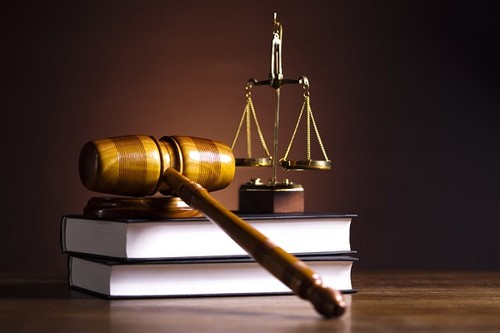
- System of legislative documents in Vietnam from ...
- 18:18, 04/03/2025
-
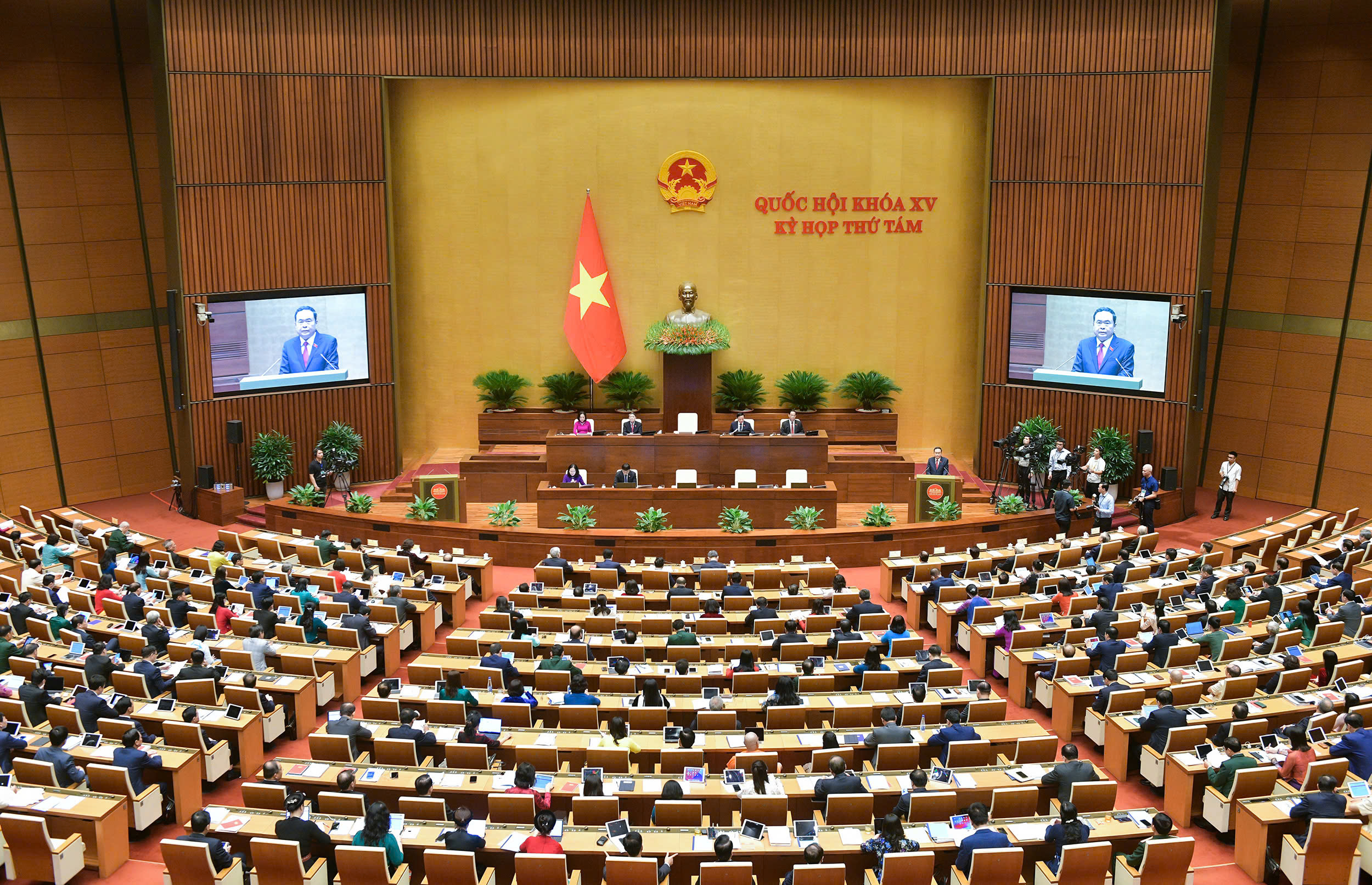
- Procedures of reviewing and approving draft Laws ...
- 11:35, 28/02/2025
-
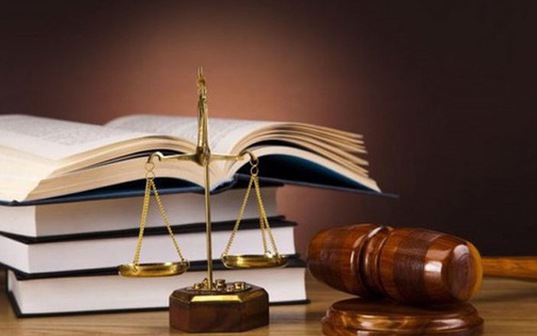
- Annulment of all 38 legislative documents on military ...
- 17:37, 27/02/2025
-
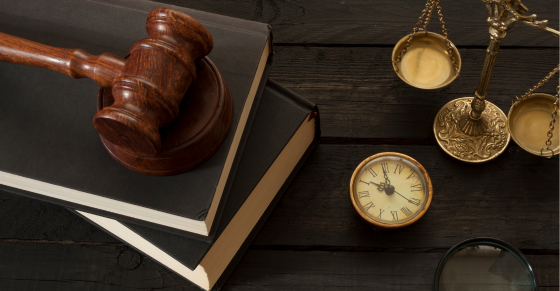
- Guidelines for publishing, reporting, and disseminating ...
- 09:00, 12/02/2025
-

- What are regulations on consolidation of legislative ...
- 08:00, 12/02/2025
-

- Notable new policies of Vietnam effective as of ...
- 16:26, 11/04/2025
-
.Medium.png)
- Notable documents of Vietnam in the previous week ...
- 16:21, 11/04/2025
-
.Medium.png)
- Notable documents of Vietnam in the previous week ...
- 16:11, 02/04/2025
-
.Medium.png)
- Notable new policies of Vietnam to be effective ...
- 16:04, 02/04/2025
-
.Medium.png)
- Notable new policies of Vietnam effective from ...
- 14:51, 21/03/2025
 (1).png)
 Article table of contents
Article table of contents
